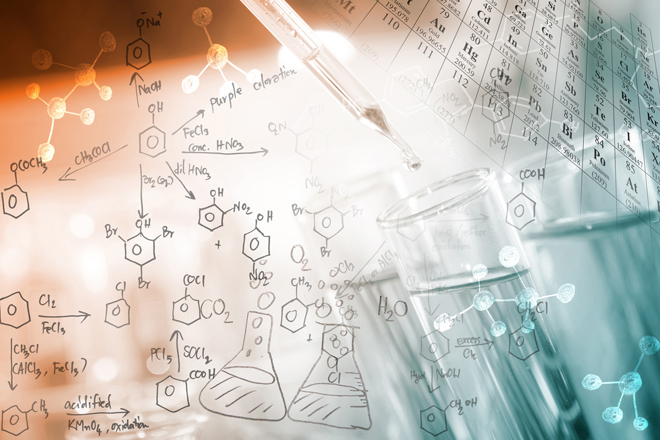
Safe, efficient and stable logistics for the future of the European chemical industry.
The chemical industry requires a range of know-how, both upstream and downstream, from the production of basic chemicals to intermediates, including special chemicals.
JOST is active in all chemical sectors, whether in transporting raw materials or finished products, packed or in bulk, in solid, liquid or gaseous form.
Mineral chemicals: dyes, pigments, industrial gases, basic inorganic chemicals such as chlorine, soda, and fertilisers.
Organic chemicals: carbon compounds, petroleum, petrochemicals, plastics, resins, polymers, additives, synthetic rubbers, products used in the manufacture of aeronautic and automotive parts, packaging.
Fine chemicals: basic pharmaceutical products used by labs to produce medicines.
Speciality chemicals: water treatment products, basic plastics, paints, inks, glues and adhesives, plant protection products.
Ensuring the safe transport and logistics of chemicals, with special care taken to protect the environment and in full compliance with regulations, is a key factor in maintaining the image and reputation of the chemical industry.
ChemicalsThe transport of chemical products: A perfect match between chemical company requirements and their day-to-day practical implementation.
The chemical industry has strategic importance for the sustainable development of national economies. Global competition has led to major changes in the global map of chemicals production and consumption.
Inappropriate use of chemicals can cause harm to humans and the environment. Particular attention is focused on the health and safety issues related to the use of chemical products in production processes and during their transport. The potential hazards linked to these substances can be health-related, physical or environmental.
Drawing on its vast and solid practical experience, JOST has developed strategies for ensuring the sound management of chemicals. Vehicles specially designed for chemical products, targeted training for drivers and operators, heightened prevention measures and a close partnership with customers guarantee a perfect match between their requirements and day-to-day logistics operations.
JOST has ISO9001 certification and is subject to SQAS assessments by the CEFIC.
Tankers of sizes ranging from 19,000L to 40,000L, with various coatings (stainless steel, carbon, steel, aluminium) and fitted with specific equipment are used to 100% preserve the quality of your products, in complete safety.
- Tankers, tank containers ("tanktainers") or dry bulk carriers for foodstuffs and ADR loads
- Insulated or non-insulated
- Single-compartment or multi-compartment
- Tippers or flat-bed
- Equipped or not with a temperature control system
- Equipped or not with a compressor or pump
- With or without a flow meter and printer
- With or without a vacuum system
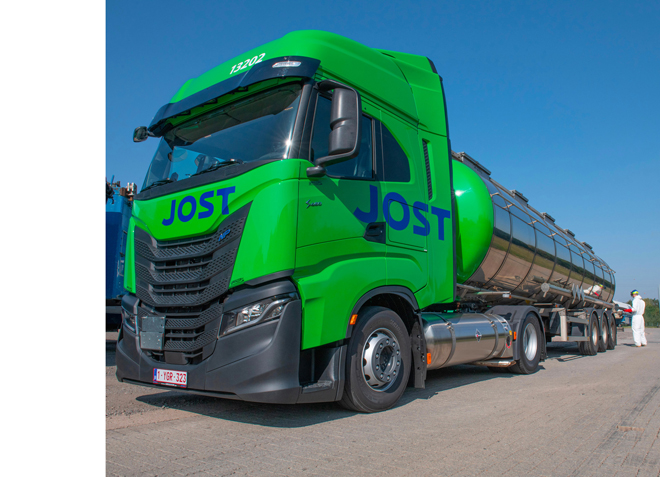
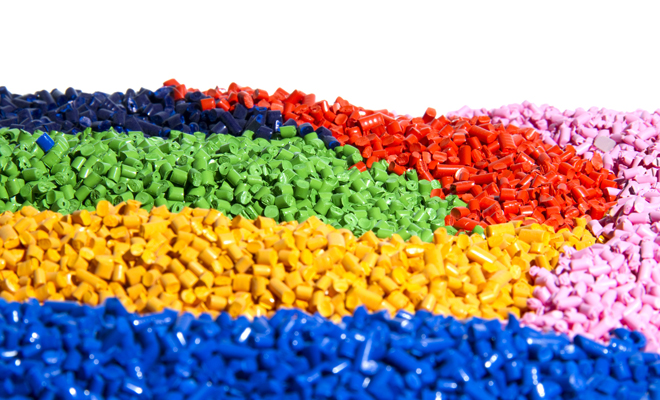
Polymers and plasticsPolymers and plastics, essential materials
Global production of plastics has tripled over the last 25 years, growth showing no signs of slowing down.
According to Plastics Europe, the three main markets for plastics are packaging, building and construction, and automotive. Packaging is the main outlet (150 million tonnes p.a. worldwide), ahead of building and construction (60 million tonnes, 40% of which is in the European Union), followed by synthetic textiles (55 million tonnes), ahead of various consumer goods, the automotive sector and electronics.
The main field where polymers are used in packaging: as much is used in food packaging as in that of petroleum products, pharmaceuticals or protective coatings.
JOST had a wealth of experience in the storage and transport of this type of products.
Petroleum productsPetroleum products and future fuels
Diesel, petrol, heavy fuel, heating oil, petroleum, lubricants, bitumen and paraffin call for specific transport conditions and precautions. JOST works to the strict requirements of customers with a global presence.
The oil sector remains an essential part of our European energy supply.
Tomorrow’s transportation will take place using a combination of different energy sources. E-mobility aside, low-carbon liquid fuels will be needed to decarbonise transport, contributing to achieving the climate targets. In addition to their neutral climate effect, these liquid fuels will have the advantage of being able to be used in conventional car engines as well as oil-based heating systems without any need to modify them.
This industry will actively contribute to achieving the European Union’s ambitious climate goals (Clean Planet for All) as defined in the 2015 Paris Agreement. A frontrunner in Green Transportation, JOST is now ready to transport these new products!
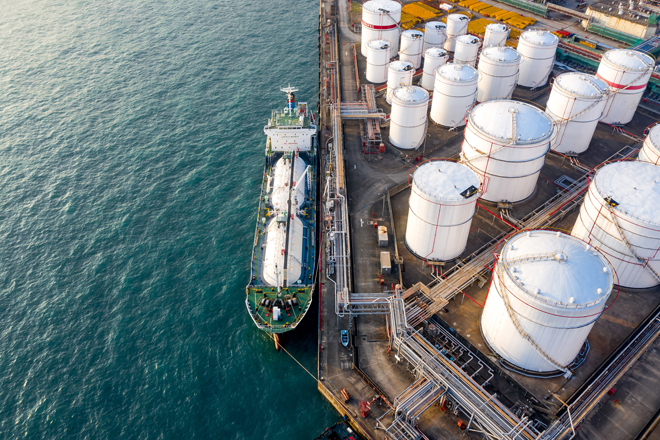
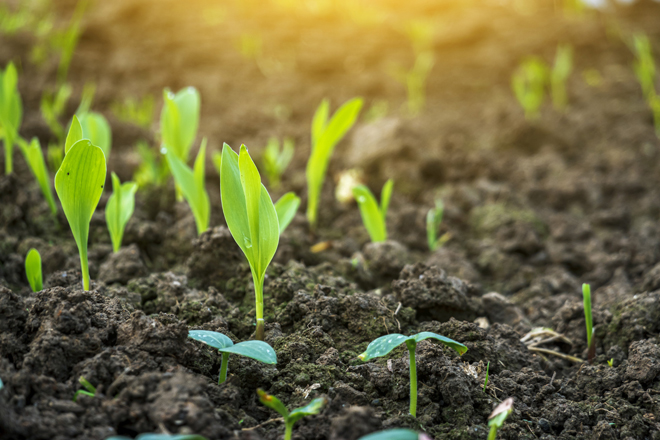
FertilisersThe transport of fertilisers for many different industrial applications and in agriculture
The International Fertilizer Association (IFA) states that the worldwide consumption of fertilisers has increased by a factor of six between the 1960s and now.
Fertilisers help feed 50% of the world’s population, i.e. 20 billion meals a day. In the grips of rapid change in order to meet the new and multiple needs of agriculture and other industrial sectors, the fertilisers sector operates its transport and logistics in an integrated manner.
JOST is a partner of choice on all European markets on account of its reliability, stability and presence throughout the continent, with its strategically placed locations allowing privileged local contacts.
